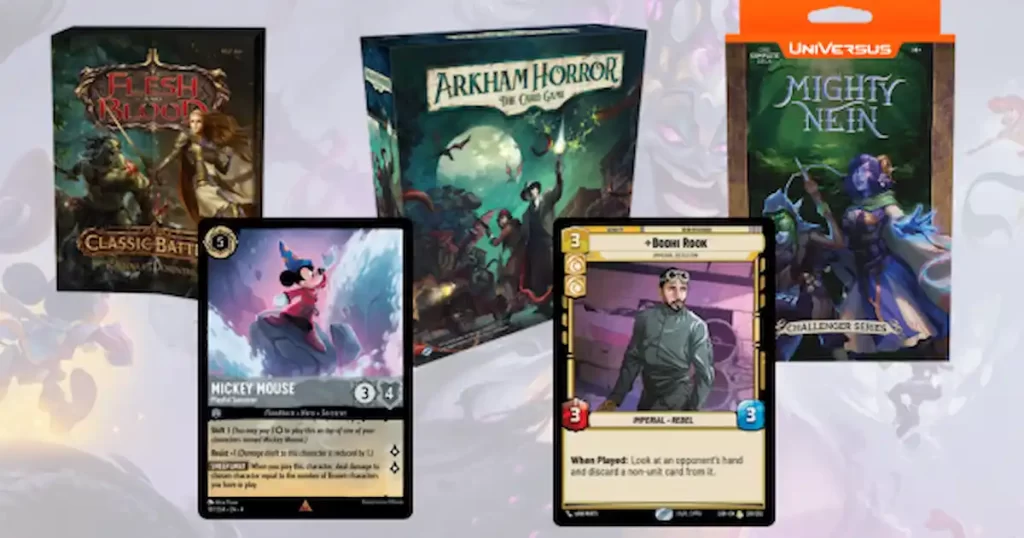From Hobby to Profession – The Rise of Professional Players in Trading Card Games
In recent years, the landscape of trading card games TCGs has transformed dramatically, evolving from a niche hobby into a thriving professional industry. This shift has been fueled by a combination of factors, including the increasing popularity of games like Magic: The Gathering, Pokémon, and ! as well as the emergence of organized competitive play. The rise of professional players in TCGs signifies not just the monetization of passion but also the legitimization of gaming as a viable career path. Historically, TCGs were predominantly enjoyed in casual settings—friends gathered around tables, trading cards, and playing for fun. However, as the TCG community expanded, so did the structure surrounding competitive play. Game developers began to recognize the potential for organized tournaments, offering substantial prizes that attracted skilled players from all over the world. Events like the Magic World Championship and Pokémon World Championships not only showcase top talent but also serve as platforms for aspiring professionals to gain recognition and sponsorship.

The digital age has further catalyzed the professionalization of pokemon card shop san antonio game. With platforms like Twitch and YouTube, players can now stream their gameplay, share strategies, and build personal brands. This visibility allows professional players to attract sponsorship deals, generate income through ad revenue, and engage with fans directly. The ability to showcase skills in real-time and interact with a global audience has made being a professional player not only a possibility but an appealing prospect. Furthermore, social media has created avenues for players to share their journeys, connect with other enthusiasts, and foster a sense of community that transcends geographical boundaries. Sponsorship deals from gaming companies, merchandise sales, and streaming revenues have begun to rival traditional sports earnings. Professional players are now able to earn a living from their passion, often training rigorously like athletes in physical sports. The discipline required to succeed in TCGs is immense; players must remain updated on ever-changing meta-game strategies, adapt to new expansions, and continuously improve their decision-making skills.
While the rise of professional players has opened doors for many, it has also brought challenges. The pressure to perform can lead to burnout, and the competitive scene can be cutthroat, with players often facing intense scrutiny from fans and sponsors alike. Additionally, issues such as cheating and the integrity of tournaments have raised concerns within the community, prompting organizers to implement strict regulations and oversight. Despite these challenges, the trajectory of TCGs as a professional arena seems poised for further growth. With an increasing number of players transitioning from casual enthusiasts to professionals, the industry is likely to see more structured leagues, higher stakes tournaments, and broader acceptance of TCGs as legitimate competitive endeavors. As these games continue to evolve, the players themselves will play a crucial role in shaping the future of the TCG community, fostering a culture of sportsmanship, innovation, and passion that resonates with both new and veteran players alike. In this dynamic landscape, the hobbyist has successfully transformed into the professional, marking a significant milestone in the history of trading card games.
